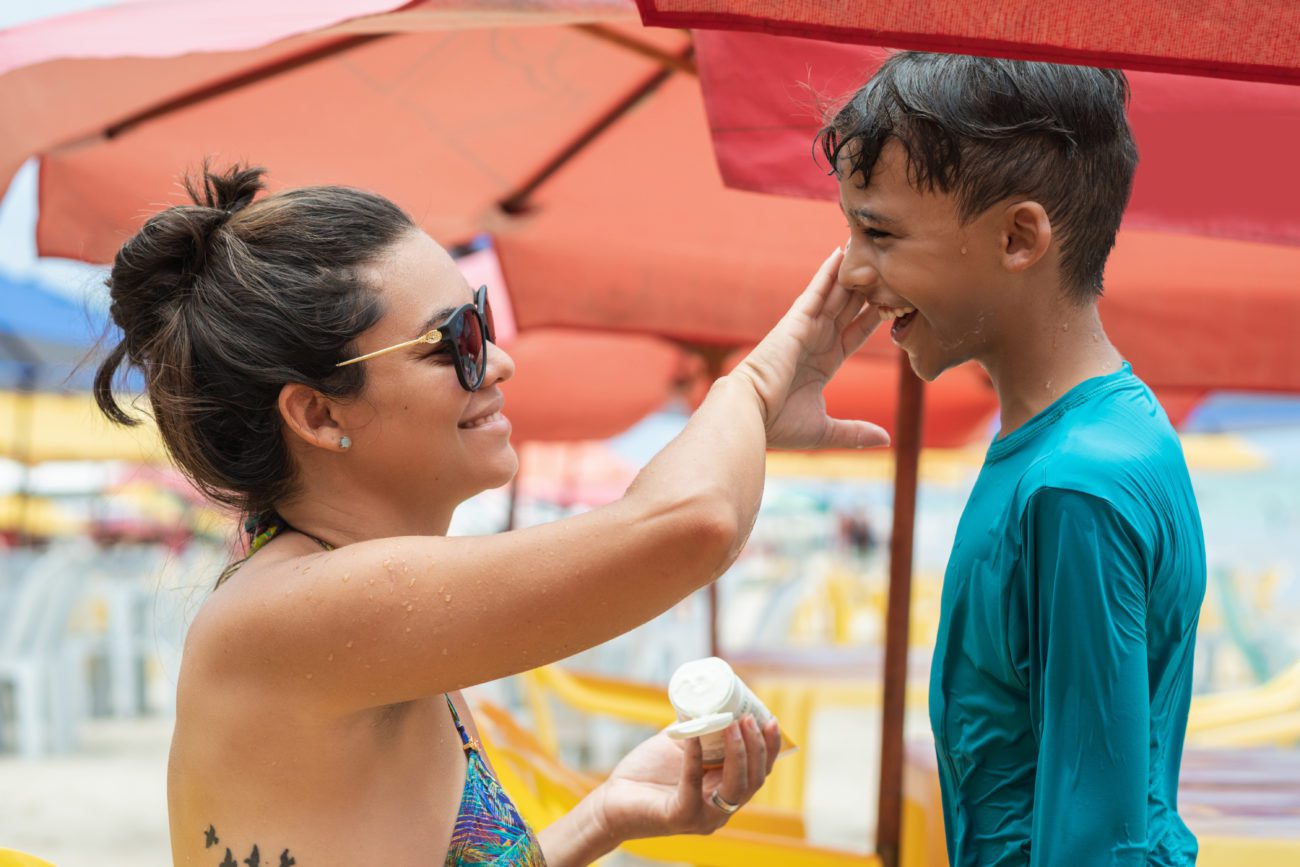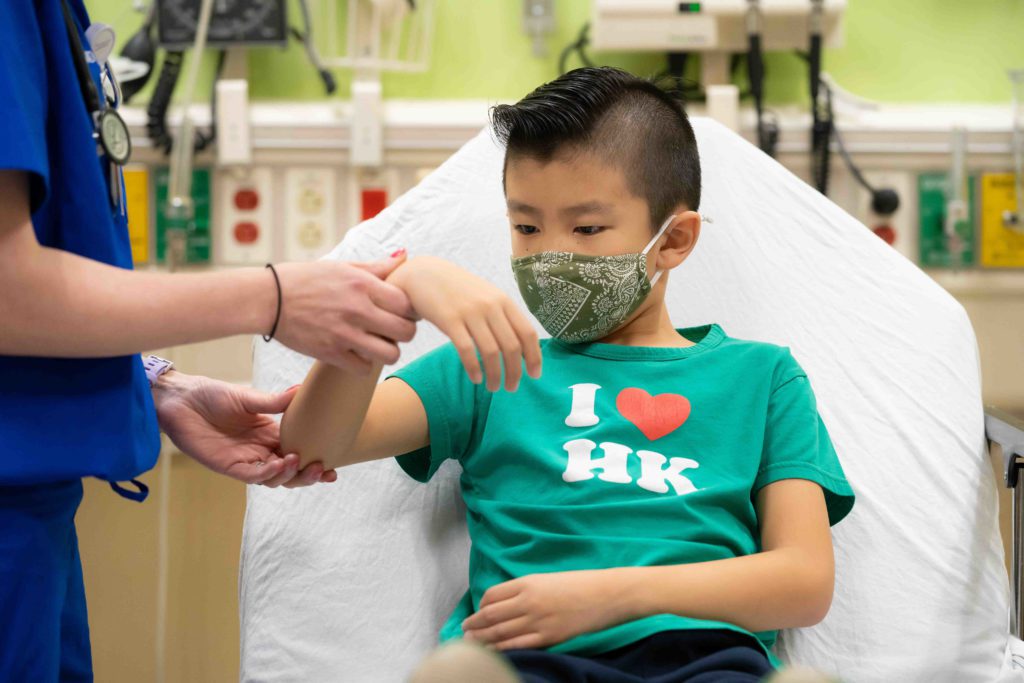Top 5 Summer Safety Tips from Nemours and Main Line Health
Avoid trips to the emergency room this summer by keeping these tips in mind.

With great summer weather and activities can also come some not-so-great summer injuries and issues for kids. Dr. Hazel Guinto, Site Chief of Pediatric Emergency Medicine at Bryn Mawr Hospital, shared the most common reasons for summer emergency room visits, and how to avoid them.
1. Sunburn
Every child needs sun protection, either from sunscreen or by covering up. All kids, regardless of their skin tone, should wear broad spectrum (protects against UVA and UVB rays), water-resistant sunscreen with an SPF of 30 or higher. Reapply often, especially if your child is playing in the water. For babies under 6 months of age, the best sun protection is shade and clothing.
Also, ask your doctor or pharmacist if any of your child’s medications increase sensitivity to the sun so that you can take extra precautions.
2. Bites and Stings
In most cases, bug bites and stings can cause temporary discomfort, but occasionally they can cause allergic reactions or infections that require treatment. To help your child avoid bites and stings, use insect repellent containing 10% to 30% DEET, which is approved for mosquitoes, ticks, and other bugs. Repellants containing oil of lemon or eucalyptus are effective against mosquitoes. Follow the instructions and don’t overuse it – more repellant does not equal more protection.
Remind kids to stay away from areas where mosquitoes breed, like still pools or ponds, and to never go near bee or wasp nests. Avoid swatting at buzzing insects because they will sting if they feel threatened. Always check kids for ticks after being outside, especially in wooded areas. The most important places to check are behind the ears, on the scalp, on the back of the neck, behind the knees, and in the armpits and groin area.
3. Outdoor Sports Injuries
There are a few things your child can do to prevent most sports injuries, starting with wearing the right protective gear, like helmets, shin guards, and mouthguards. Talk to your child’s coach about what gear is best. Encourage your child to properly warm up before practice or a game. Dynamic stretching is a great option for getting the blood flowing to muscles to help avoid strains during play. Teach kids to listen to their own bodies when something doesn’t feel right. They should never play when they are injured, so encourage them to be honest with you and their coaches when they’ve been hurt.

4. Water Safety Issues
Whether kids are swimming in lakes, pools, or at the beach, they should be supervised at all times. Swimming lessons and flotation devices do not eliminate drowning risks.
For most kids, water temperature below 70oF is too cold. Body temperature drops more quickly in water, so it doesn’t take long for hypothermia to set in. Take a child who is shivering or experiencing muscle cramps out of the water right away.
No matter where your child is swimming, they should get out of the water immediately when bad weather occurs, especially with lightning.
5. Poison Ivy Rash
Poison ivy can grow anywhere and the leaves often blend in with other plants. Teach kids to identify poison ivy, oak, and sumac so they can steer clear (Leaves of three, let them be!). Kids should also be careful around plants with shiny leaves, as that can be a sign that the plant has released urushiol, the oil that causes the rash. Have kids wear long pants and long sleeves when hiking.
If your child does touch poison ivy, wash the area right away with lots of soap and water. And be sure to bathe pets that come in contact with poison ivy since they can spread the rash-causing urushiol from their fur.
For more helpful tips, visit the Summer Safety Center on Nemours Kidshealth.org.
If emergencies do happen, remember that Main Line Health and Nemours partner to provide emergency care just for kids at Bryn Mawr Hospital.
For over 20 years, Main Line Health and Nemours Children’s Health System have partnered to care for families at every stage, including during emergencies. From fevers to broken bones, and everything in between, visit Bryn Mawr Hospital to get emergency care just for kids provided by doctors from Nemours.
Main Line Health and Nemours Children’s Health System support the Main Line Parent Community.





